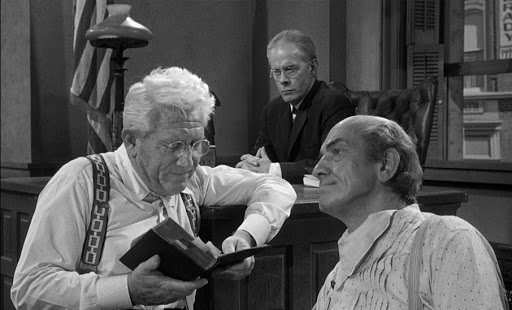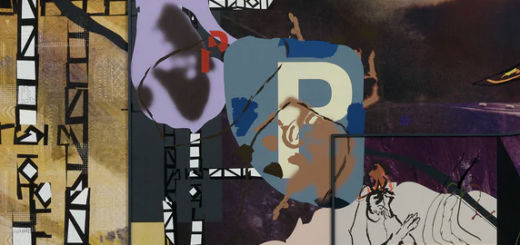Inherit the Wind

If you google “inherit the wind,” you’re overwhelmed with information about the film by that name from 1960. It is a dramatization of the infamous 1925 Scopes Trial, in which a schoolteacher is accused of teaching Darwin’s theory of human evolution. That really was a breach of Tennessee law at the time — untenable as the law later proved to be. We saw the film again last night. This morning I googled “inherit the wind Bible” and got https://biblehub.com/proverbs/11-29.htm:
He that troubleth his own house shall inherit the wind: and the fool shall be servant to the wise of heart.
Proverbs 11:29, King James Version
The Scopes Trial was itself staged, a ploy among the locals to bring visitors and income to Hillsboro, Tennessee. But that seemed almost beside the point. I found myself thinking of the tremendous hold the written word had then, and how fluffy it’s become — at least to most of us. Think of God speaking to Moses, speaking with the sonic power to inscribe stone tablets, then of Moses taking the tablets down the mountain and unleashing the power on those Golden Calf worshippers.
In the film, the defending attorney, played by Spencer Tracy, argues against the Bible, or more exactly against a very literal, inflexible understanding of it, e.g. “Moses didn’t use a telephone…does that mean that telephones are evil?” The attorney effectively turns the case from the specifics of teacher and Tennessee law to a struggle between hidebound (and violent) fundamentalism and human curiosity. When he speaks the words “inherit the wind,” near the end of the film, we (viewers — not the other townspeople) realise that the attorney in fact has profound respect for the Bible, and that for him it presents no conflict with using telephones or embracing new scientific thinking.
When Moses transcribed God’s words on stone tablets, the text had a kind of power that is very difficult for us to appreciate now…the power to fix spoken words in time. Judaism, Christianity, Islam are all religions of the book, faiths oriented to the written word, spread and identified by means of books. All have faced the effects of new communication technology — photography, film, digital imaging and random access memory. On Biblehub, it only takes a phrase and a click to get chapter and verse, in any of dozens of translations. The words you find may read as beautifully, rhythmically and resonantly as ever, and yet they can never again have the weight, the authority of THE text.



Nancy,
Once again, just great!